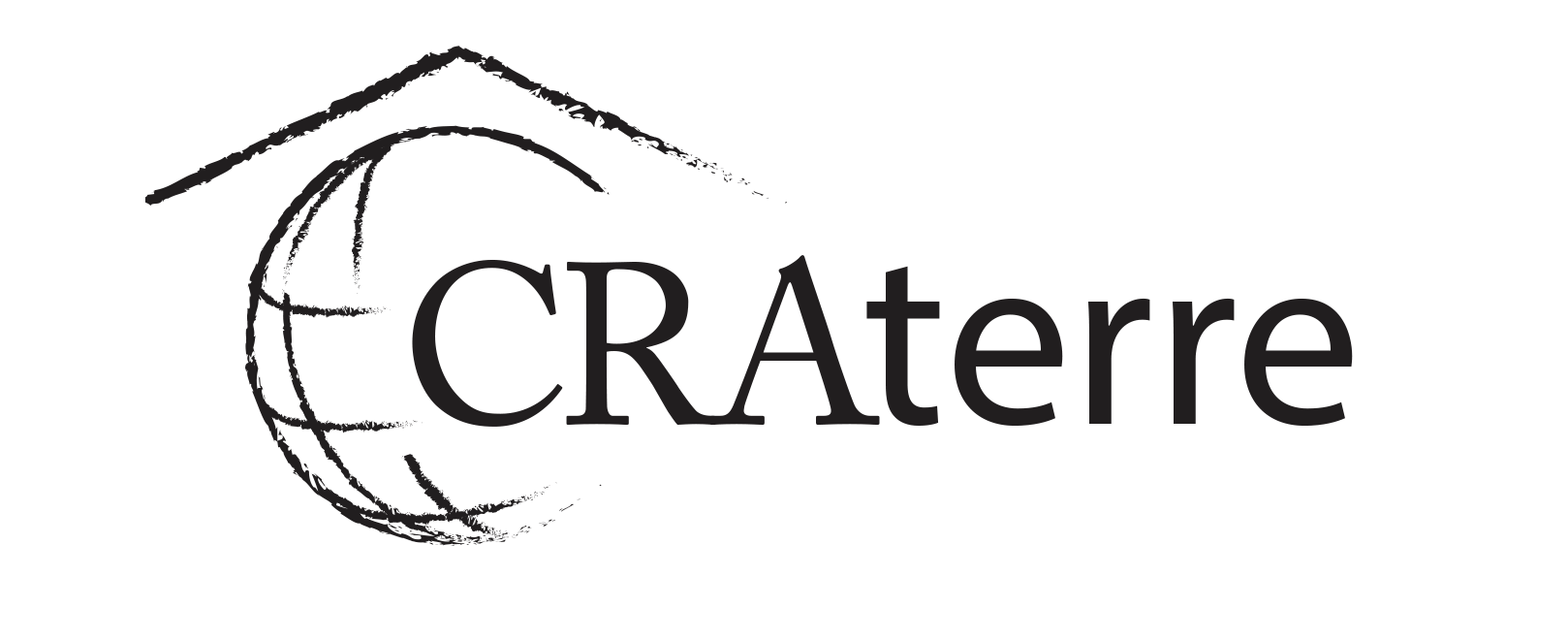Objectives
- Coordinate a diagnostic study of the housing situation in earthquake-affected areas (contextual analysis of housing and diagnosis of earthquake impacts and recovery processes).
- Engage in communication and sharing with institutional, national and international players and response coordinators (Groupe de Travail Abris - Shelter Cluster) on the TCLA approach and the initial elements of understanding of the post-disaster context in the affected areas.
- Meet with current and potential partners of Secours Catholique - Caritas France to assess their demand for support in the post-earthquake response. Initiatives and projects undertaken by local actors may be identified for possible support.
- On the basis of this understanding, provide guidelines for potential projects to support the reconstruction of Secours Catholique - Caritas France.
Haiti was hit by a major earthquake on August 14, 2021, just a decade after the devastating quake of 2010. The quake severely affected the southern peninsula, particularly the departments of Grand'Anse, Nippes and Sud, and its impact was then compounded by the heavy rains caused by tropical depression Grace on August 17. In all, official reports put the death toll at over 2,200 and the number of injured at over 12,000. The subsequent impacts damaged or destroyed more than 130,000 homes, leaving thousands homeless. Moreover, these disasters are occurring against a backdrop of deepening socio-political crisis.
Following the earthquake of August 14, Haitian partners were able to visit the site, and initial feedback indicated that the buildings that had been constructed using the TCLA approach had held up well, but further observation, analysis and understanding of why this habitat performed so well in the face of the earthquake was needed. Some Haitian institutional bodies, response coordinating bodies and international NGOs are strongly suggesting that the response build on local building practices, and in particular the TCLA approach, where possible and relevant. However, the TCLA approach is sometimes interpreted from a "product" angle (technical solution and single construction model) and insufficiently as a "process" (context analysis, participatory and social approach, etc.). As a result, more communication, advocacy and sharing would be useful. On the other hand, the Haitian partners with whom CRAterre works express a need for support both in diagnosing the situation and context, and in coordinating the response both horizontally (national and regional network) and vertically (Haitian institutions, shelter working group and international NGOs).
Partners
ACAPE, ATProCom, ATECO, OJUCAH, Caritas Cayes, DCCH, ODDSHA, AYITIKA



